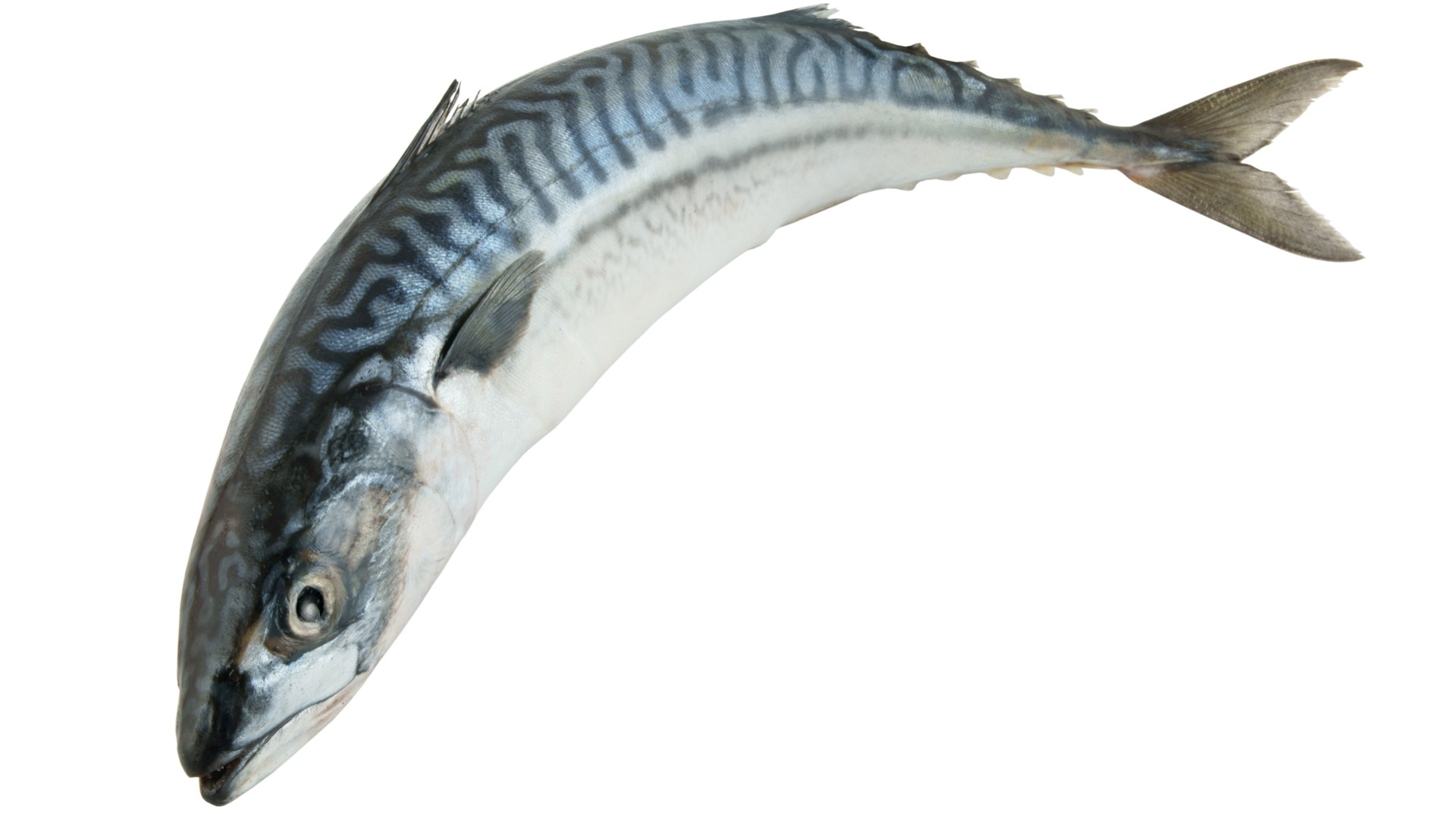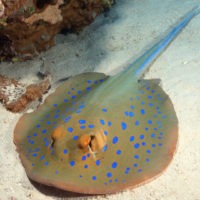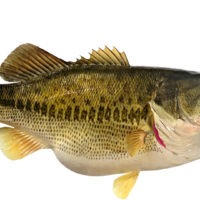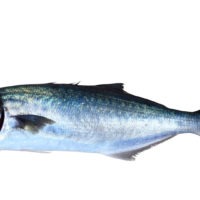![]()
WHAT IS A MACKEREL?
It is a type of pelagic fish which thrives in deep ocean or coastal water (avoiding the sea floor or coastline). Most mackerel species look similar with forked tails and vertical striping. When swimming in large schools (up to 20 miles / 32 km. in length), each fish uses this striping to align itself with its neighbors. This allows the school to move in a uniform fashion. Migratory in nature, this fish lays eggs in shallower waters before returning to their original habitat. Smaller in size then tuna they can grow up to about 2 feet (0.6 meters) in length and 10 pounds (4.5 kg.) in weight. Mackerel are able to swim up to speeds of 70 m.p.h. (112 km./hour). Along with salmon, mackerel have some of the highest Omega 3 fat contents among fish. The aggressive King Mackerel is perhaps the most famous of this breed among recreational fisherman.
WHERE DO MACKEREL COME FROM?
Large populations thrive on both sides of the Atlantic as well as the Pacific ocean. Along with tuna, both are members of the Scombrid fish family. Scombrids are thought to have originated from a shared deep ocean ancestor, “and began to radiate after the end-Cretaceous when large predatory epipelagic fishes were selective victims of the Cretaceous-Paleogene mass extinction.”
WHEN IS A MACKEREL IN SEASON?
With a lifespan of up to 25 years, this fish is available year round. However summer is the best season to fish for this marine delicacy. In the winter this species is much leaner and more of a pain to catch.
DO MACKEREL DIE IF TOUCHED?
No. This myth is based on the idea that fish have a very fragile membrane that covers their skin. When fisherman try to remove the fish from the hook by grabbing them, most mackerel will die 1 to 2 days later. This is not true and the protective coating will regenerate over time.
ARE MACKEREL ONE OF THE DIRTY DOZEN? (MERCURY)
It depends on the species of mackerel. However definitely avoid King mackerel if you have mercury concerns. Atlantic mackerel is thought to be safer, but as a predator higher up in the food chain still at some risk. Cod or tuna are common substitutes in this case.




